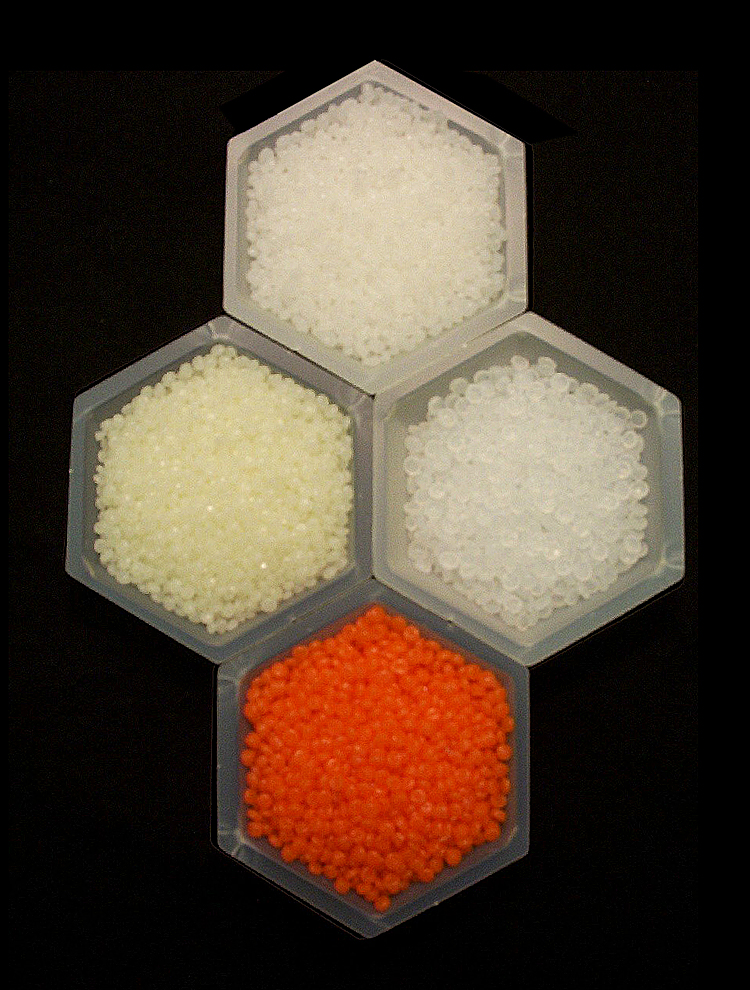Over the past few years, many companies have been rushing to advertise the fact that they have reduced the amount of plastic used in packaging and single use plastic items, in line with consumer demand for less plastic waste. However, many of these supposedly eco-friendly alternatives have turned out to be just as bad for the environment as plastic, and in some cases more so. Duncan Clark of Teysha Technologies believes that companies have leapt too quickly on the no-plastic bandwagon, without fully considering the effects of plastic substitutes on the environment.
Some manufacturers have switched to use more bio-based polymers such as PET in packaging, but at present, the majority of these polymers are still derived from petrochemicals. Some have switched from plastic bottles for drinks to glass bottles, which in theory are widely recyclable. However, the global warming potential and carbon footprint of manufacturing glass bottles is significantly higher than that of manufacturing plastic bottles, and only 45% of waste in the UK is recycled.
The fast food giant McDonalds famously switched to using paper straws in response to consumer demand for less single-use plastic. This was an admirable effort in principle, but in reality, there were difficulties recycling the new paper straws, whereas the previous plastic versions were readily recyclable. Many food and drink manufacturers began using Tetra Pak composite cartons, which again encountered difficulties in terms of recyclability as they were often fitted with polyethylene caps and aluminium foil liners.
More research is required into alternatives for plastics that are fully biodegradable or recyclable yet offer the same level of convenience to the consumer as plastic. Research into biopolymers could result in the solution. Teysha Technologies has developed a revolutionary second-generation platform for bioplastics that can fully degrade after their useful life, when subjected to a specific set of natural circumstances.
Matthew Stone, Teysha Technologies’ Managing Director, specialises in clean technology, biomass processing, and the commercialisation of new technologies. Teysha has recently raised a round of funding from angel investors, with the investment being used to secure contracts and deliver prototypes. With serious investment, polymer technologies have the potential to tackle the challenges the planet is facing from overuse of plastics head-on.







